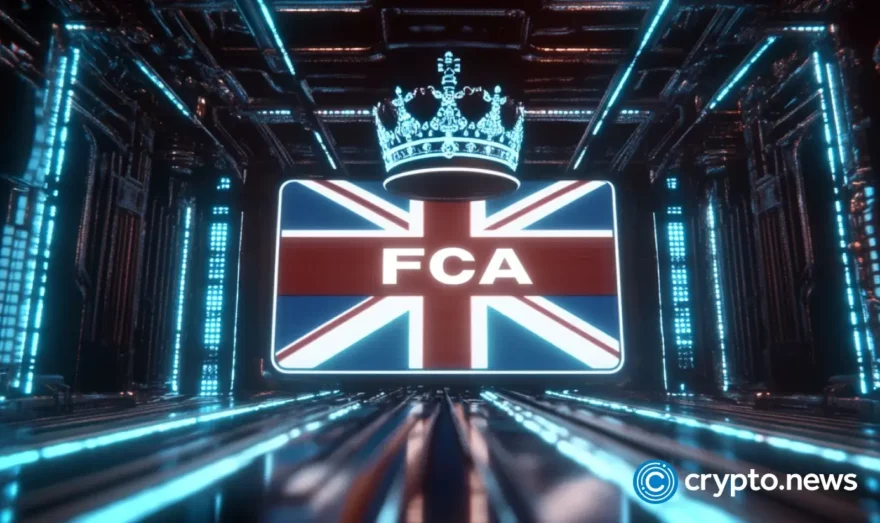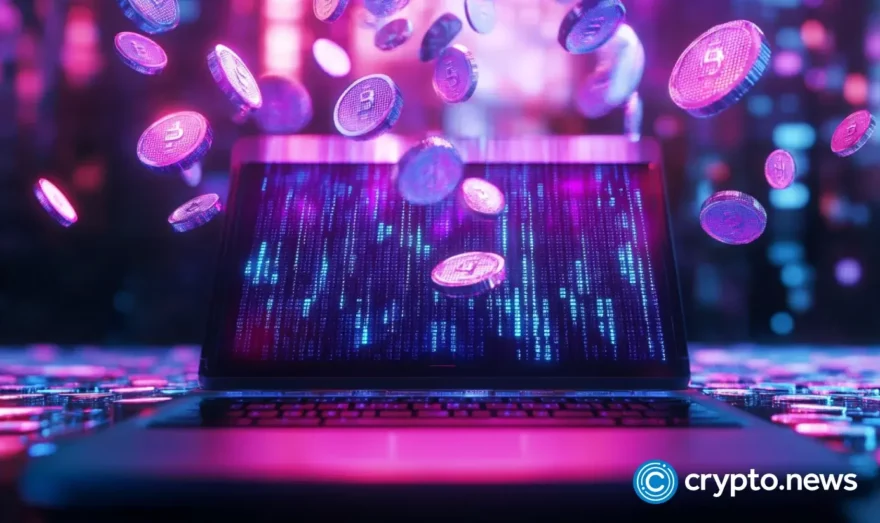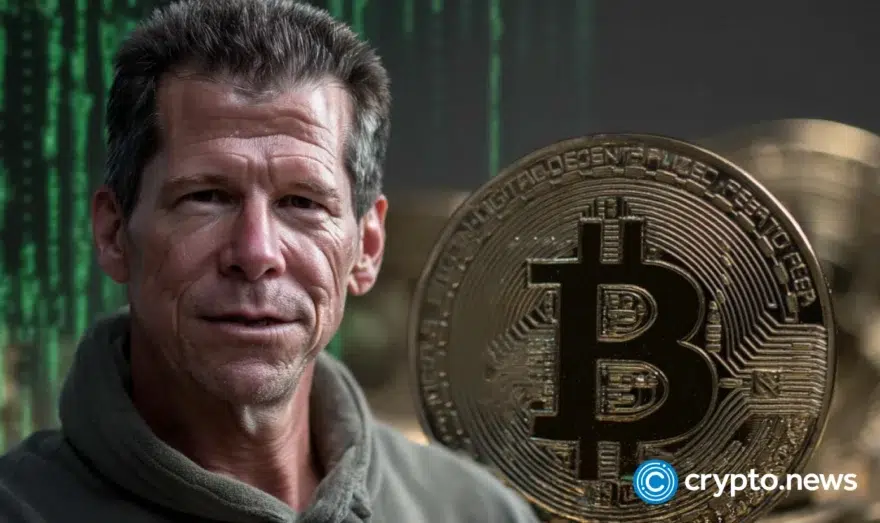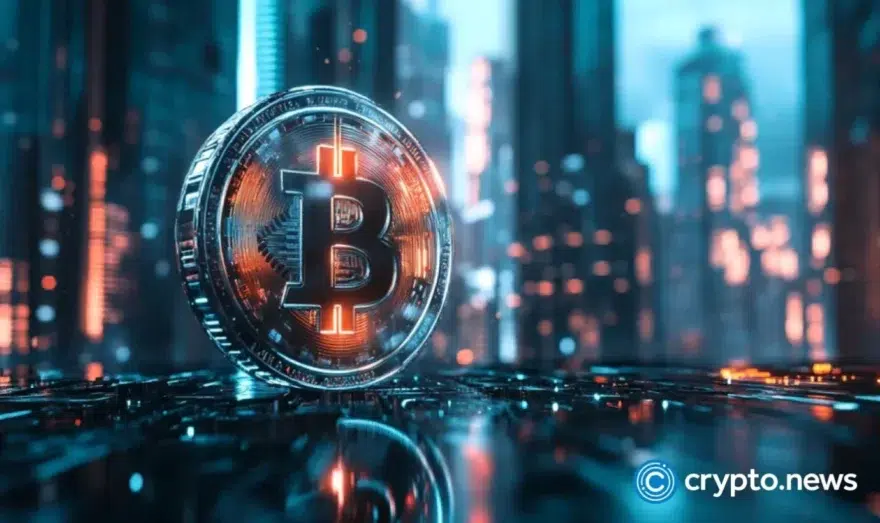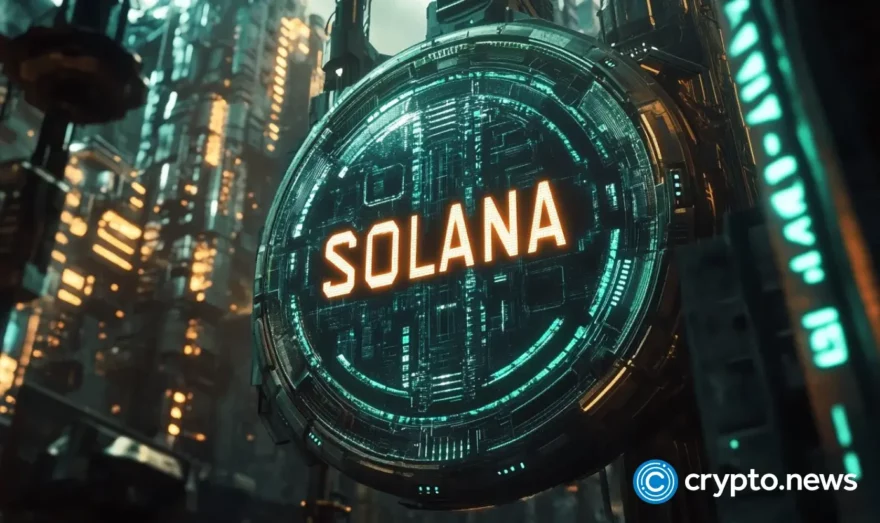Coinbase and Binance settlement with SEC is a good idea, analyst says
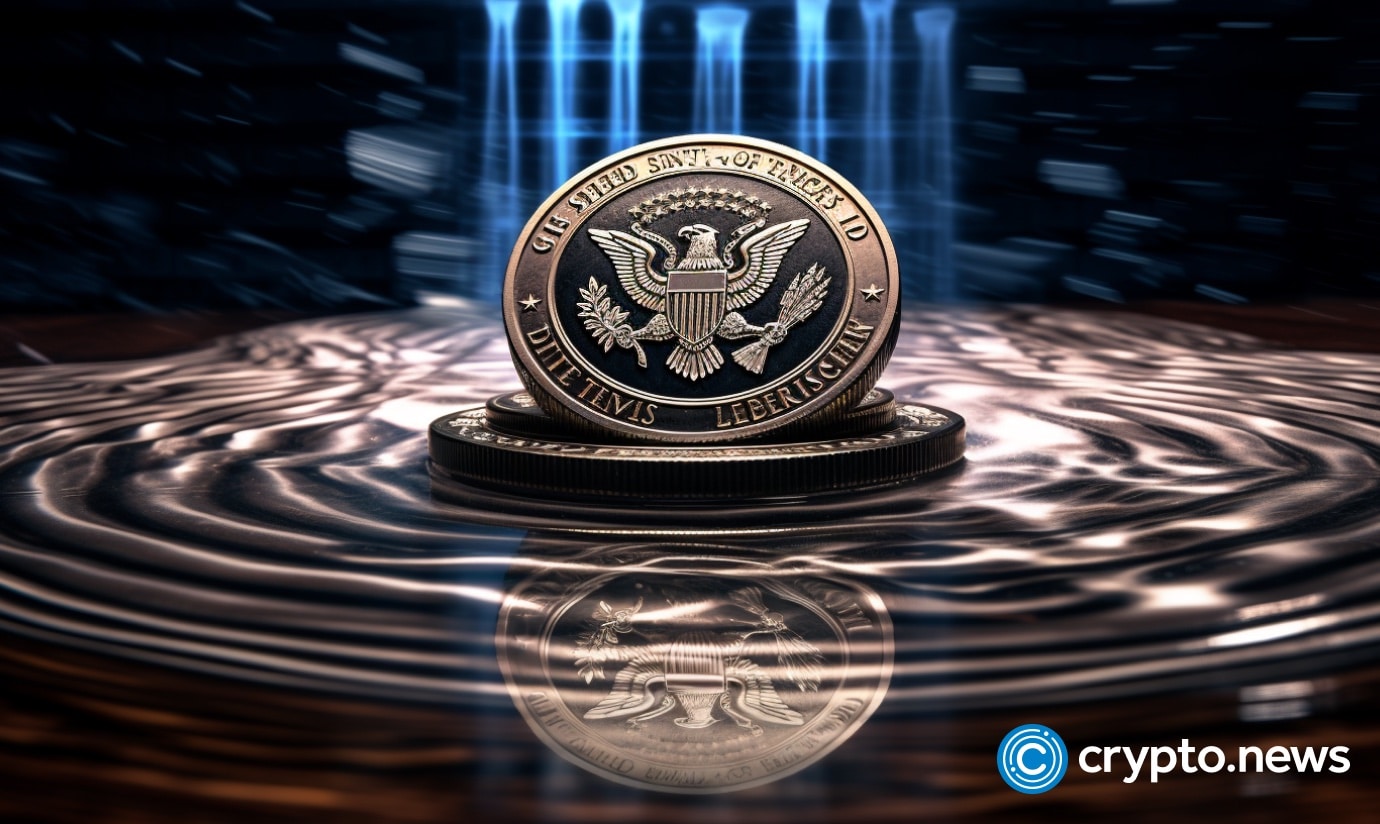
Fineqia International’s Matteo Greco comments on Bittrex’s $24 million SEC settlement, drawing parallels with ongoing cases involving crypto giants Coinbase and Binance.
Bittrex’s recent $24 million agreement with the SEC mirrors the one currently involving Coinbase and Binance, according to Fineqia International’s Matteo Greco.
In two separate lawsuits, the SEC alleges that both Coinbase and Binance broke securities laws. Greco offers his take on how each company should proceed and whether the Ripple Labs outcome bodes well for the two crypto exchanges.
Bittrex resolved charges that it was offering U.S. investors access to unregistered securities. Should Coinbase do the same?
Greco: Settling with the SEC is always a good idea when possible. It allows you to avoid years of lawsuits and uncertainty in the business. Ripple Labs showed how much the lawsuit has influenced the firm and its native token, XRP, during the last few years. Before Bittrex, Kraken also settled for a not-so-dissimilar amount — $30 million — concerning the same allegations.
Regarding Coinbase, even though a monetary agreement to settle the case has not happened, the exchange is trying to play cautious and avoid further problems with the regulator. Indeed, after being sued, Coinbase immediately halted the staking rewards in some U.S. states. Coinbase is trying to cooperate and avoid further issues with the regulator, as the U.S. market is fundamental to its business. If there’s going to be a chance, Coinbase will most likely settle with the SEC, as other minor exchanges did before them.
What about Binance, which recently lodged a petition against the SEC?
It is difficult to comment on the matter without the proper background knowledge, but surely, the SEC attacked Binance with strength. It must be remembered how a couple of months ago, the SEC asked to freeze all the Binance U.S. assets, and the request was denied by the judge. The SEC claimed that the funds held by Binance U.S. weren’t segregated and so mingled with Binance international funds. The regulator could not prove this point, and the judge dismissed their requests as they were considered inadmissible. Binance is probably trying to make use of this political win to push back against the SEC and reduce the power of the regulator in their fight.
How do Binance and Coinbase navigate this challenging environment going forward?
The Binance and Coinbase situations are very different. Binance is a worldwide exchange, by far the biggest one by market share. Despite a big decrease in spot market share during 2023, Binance still holds more than 40% of the global spot digital asset market. Binance U.S. has always represented a small market for the firm, and the impact of the SEC lawsuit on the business operations is minimal. Binance U.S. now has less than 1% of the U.S. market share, but still, the exchange as a whole remains, without a doubt, the most important digital asset exchange.
On the other hand, Coinbase has more than 50% of the U.S. market, and being able to operate there is critical. For this reason, the approach and the prize at stake for the two exchanges here are definitely different, and so it is the strategy to defend the position. Binance is now focusing more on obtaining as many licenses as possible around Europe and the whole world — rarely is there news about Binance U.S. and the lawsuit with the SEC. In contrast, for Coinbase, the U.S. market represents an absolute priority. The exchange will put any effort to reach the best possible outcome.
The SEC intends to appeal against the Ripple. What can the rest of the crypto sector glean from this back-and-forth?
This lawsuit can represent a milestone in understanding whether digital assets will be classified as securities or not. If the sales on exchanges to retail are confirmed not to be classified as securities, all the other digital assets will follow this rule. If this happens, it would be impossible for the SEC to impose strong regulation on the digital asset market. Crypto businesses would have a lot of freedom in raising money through the secondary market.
Also, it is common for businesses to apply for an exemption when selling securities to institutions. In this case scenario, the digital asset issuers could be covered both on the institution and retail side, with the SEC left with almost no power on the matter. On the other hand, of course, the regulator claims that if the sales of an asset are securities in some situations, they remain securities even when the tokens are sold to retail on the secondary market.
Confirming the previous sentence would have a massively positive impact in the short term on the digital assets market, but at the same time, it could create gray areas in the long term, leaving space for potential drawbacks. Institutions want to operate with clarity, and a situation with uncertainty on rules could favor the market on the retail side but also slows the approach of TradFi institutions toward the market. Either way, it is important that the final ruling will classify how every type of sale can be defined and considered, under which circumstances, and with strong and clear points backing the ruling.





